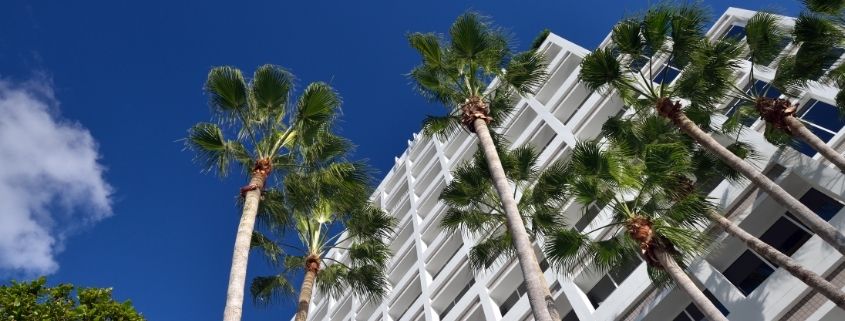Q: What is an “MSTU”? My neighborhood association, which is voluntary, is considering getting one set up to maintain our roads. (P.K., via e-mail)
A: Counties have the authority to create a special taxing district, known as a Municipal Service Taxing Unit, commonly called an “MSTU,” or a Municipal Service Benefit Unit, commonly called an “MSBU.” Section 125.01(1)(q) of the Florida Statutes permits these entities to be set up as a funding mechanism to make neighborhood or community improvements.
An MSTU is a tax based on the assessed property value to address capital improvements that typically require continued maintenance obligations, such as roads. By comparison, an MSBU is a special assessment on a one-time benefit for improvements without ongoing maintenance obligation, for example paving a dirt road. In an MSBU, the assessment or charge may be applied in a variety of ways, such as a charge per linear foot of road frontage, or a charge per lot.
An MSTU or MSBU may be established by a voter referendum, action initiated by the Board of county commissioners, or a citizen sponsored petition. A request to establish an MSTU or MSBU by petition requires a citizen sponsor and must include a description of the project improvement and an area location map of the proposed district.
Upon receipt of a request, county staff will prepare a taxable value analysis to determine when the anticipated taxable values are sufficient to support the proposed capital improvement and required maintenance (if applicable), as well as a cost benefit analysis to determine the total number of properties to be included in the district. If the results from the staff’s review are favorable, the citizen petitioner will be given instructions to generate a valid citizen sponsored petition to be signed by a number of property owners within the proposed district equal to at least fifty percent plus one. Then, the matter must go to the county commissioners for approval.
An MSTU or MSBU may or may not be created with an “advisory committee” comprised of property owners. If there is an advisory committee, in addition to any specific responsibilities included in the ordinance that creates the district, the advisory committee members generally be involved in recommending a budget for each fiscal year, millage rates, operational expenditures, and other details regarding the funding and operation of the district.
Advisory committee activities are regulated by Florida’s Government-in-the-Sunshine Law, and not the more liberal “sunshine laws” applicable to homeowners’ associations. Meetings of the committee must be open to the public, the committee meetings must be reasonably noticed, and minutes of the committee meetings must be taken. The committee must also follow the county’s administrative and operational procedures.
Q: At a recent board meeting, the president of my condominium association made a motion, which was seconded by the vice president and then the board moved on the other business and treated the motion as approved by the board. There was no vote taken to show how each board member was voting on the matter and some of the other board members opposed the motion. Is each board member required to state how they are voting on a motion? (G. L., via e-mail)
A: Yes. Section 718.111(1)(b) of the Florida Condominium Act provides that each director present at a board meeting at which any action is taken is presumed to have consented to the action taken, unless they voted against such action or abstained. Further, the statute also provides that the votes or abstention for each board member must be recorded in the minutes for the meeting.
Further, the law requires that any unit owner present at the meeting be given the opportunity to speak regarding any designated agenda item. Your president should be asked to brush up on the rules of procedure, which are to some degree incorporated into the law.
The same general rules apply to cooperative and homeowners’ associations.
Originally posted on floridacondohoalawblog.com Written by Joseph Adams of Becker & Poliakoff, P.A.,

